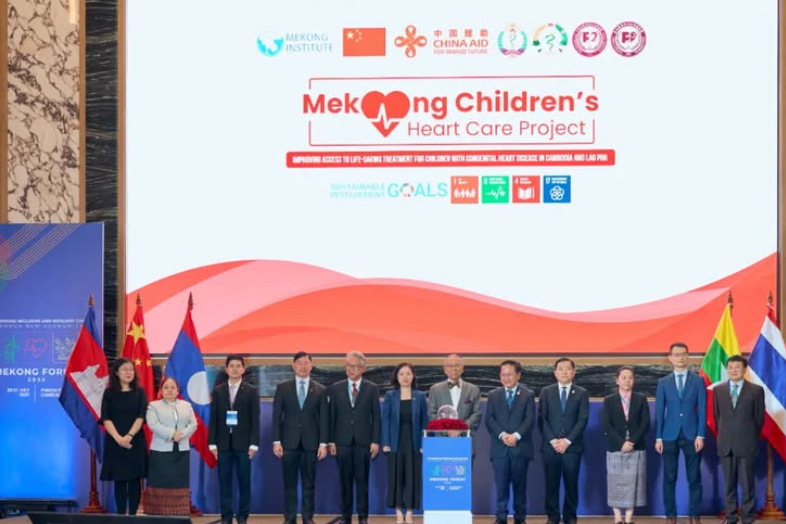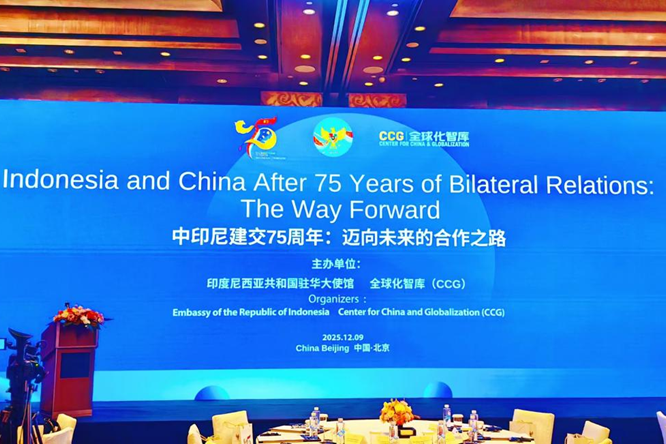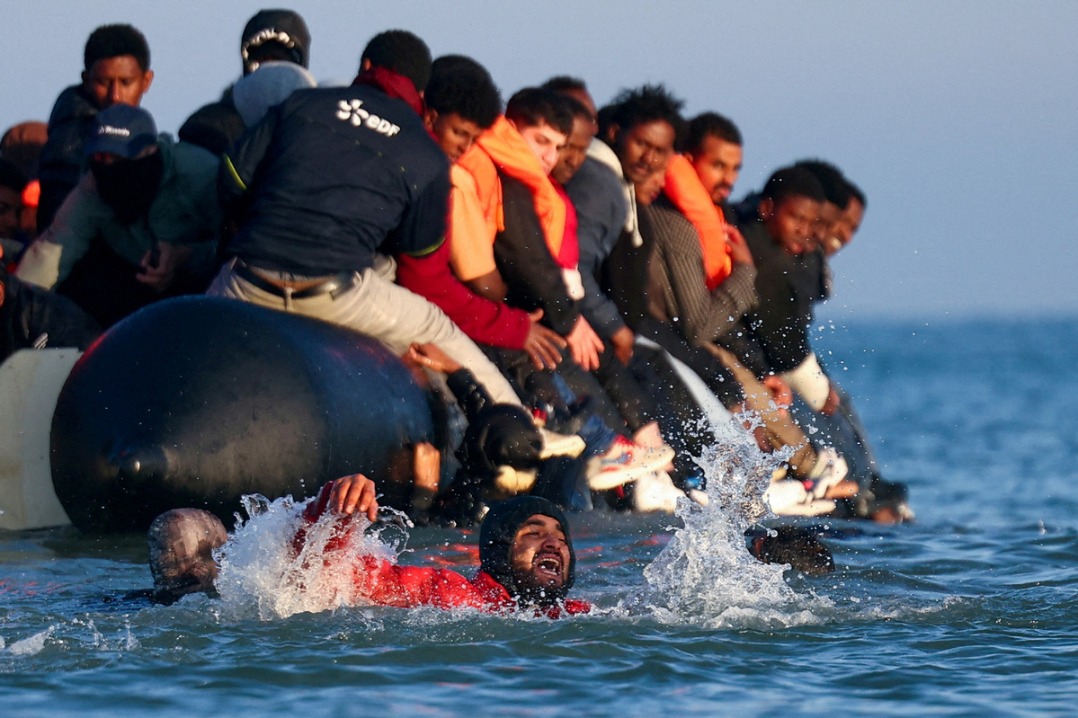US efforts to lure Global South aim to weaken Russia

The United States has been keen on luring Global South countries, especially BRICS+ members other than Russia, to support its designs of prolonging the Russia-Ukraine conflict and weakening Moscow.
While embracing Indian Prime Minister Narendra Modi, whom it had previously shunned, Washington joined with officials of the Group of Seven and European Union in inviting several developing countries — India, Turkiye, Brazil, South Africa and Saudi Arabia — to a conference in Copenhagen, Denmark, in late June.
However, this new US gambit is doomed to fail.
The timing was calculated. The conference came after US Secretary of State Antony Blinken's visit to China; the St. Petersburg International Economic Forum in Russia, which was attended by 17,000 delegates from 130 countries and witnessed billions of dollars in deals; African leaders' meeting with Russian President Vladimir Putin in Moscow; Russia's resolving of the attempted mutiny by the Wagner private military group; and, above all, the stalled military progress on battlefields in Ukraine.
The US appears to be in a quandary. Having driven NATO to extreme positions via seizure of Russian assets, tightening of sanctions and ballooning weaponry sales, it remains unwilling to back down, even as it cannot account for the lives lost and billions spent or to articulate a convincing case to a skeptical US public that the Ukraine crisis is a national security threat.
Emerging economies and the current 19 applicant countries for BRICS+ know that Ukraine's counteroffensive has stalled. NATO's weapons and possible delivery of F-16 fighter jets may not make a difference. Russian troop withdrawals will be pursuant to the utter destruction of the Ukrainian military, whose admitted losses are huge, or a negotiated settlement and creation of a buffer zone. Ukraine will be seen by BRICS+ as either a fait accompli or an indefinite conflict unworthy of political investment and liable to be hijacked by US demands.
Moreover, Russia said it will deliver retaliatory strikes against any air force base from which F16s would be launched. NATO is terrified that its proxy war will become directly kinetic, in circumstances in which its conventional stockpiles are eroded, having earlier been sent to Ukraine. This explains why NATO is shipping older, depleted uranium shells to Ukraine despite Russian warnings. BRICS+ economies will want nothing to do with this.
The reality is that NATO is running out of time, weapons and options. The political will in the EU to prolong this conflict is not unanimous. Social resentment, sanctions-induced inflation and economic downturn are clear, particularly in Germany.
The US has no choice but to turn to BRICS+ for support, though it has lost the goodwill of these countries by criticizing their neutrality, accusing them of not doing enough to support Ukraine, and alleging that they (especially Iran, China and South Africa) were sending weapons to Russia and were ignoring the US' unilateral sanctions.
The US position of prolonging the conflict is one of geopolitical and logistical weakness. By contrast, Russia has time, weapons and money. Its economy and currency remain intact. Russia will fight or negotiate on its terms, and Putin said Russia is in no hurry to escalate.
It was BRICS+ and emerging economies that actively promoted conflict resolution in Ukraine as soon as the conflict started. To date, there have been three peace plans involving mediation by Turkiye, China and, most recently, by the African delegation that met with Putin.
It has been confirmed by Putin, Turkiye and Israel that, backed by the US, the United Kingdom sabotaged a peace proposal in spring of 2022 that Ukraine was prepared to sign. In addition, US-led NATO summarily dismissed China's peace plan. It's not surprising that African countries went to Putin first with their peace proposals, which he promised to consider, despite identifying obstacles.
The US recently hosted Indian Prime Minister Modi after denying him a visa for about a decade. Modi returned the favor by agreeing to buy weapons and increase cooperation and status in the Quadrilateral Security Dialogue, or QUAD, which binds India, Australia, Japan and the US.
However, India was one of the founders of the Non-Aligned Movement of the 1950s, which morphed into the multipolar, multilevel dynamic that so upsets the West. Much to the chagrin of the US, India has repeatedly said it will chart its own foreign policy. Any US attempt to portray India as having abandoned its principles as an actual ally will fail.
The developing Global South understands well that the geopolitical power centers are shifting. Ukraine is viewed as an intended failure of Western diplomacy, an entirely avoidable conflict and a distraction from their own regional and cooperative development. The US, by insisting on holding on to hegemonic power and ordering others around, will end up hurting itself.
The author is a Hong Kong-based lawyer who writes about geopolitics and the digital economy. The views do not necessarily reflect those of China Daily.
































